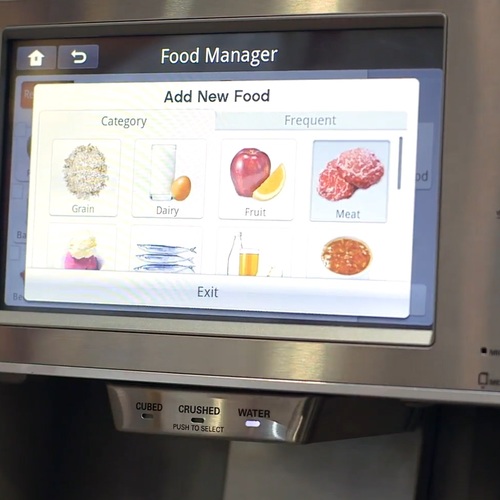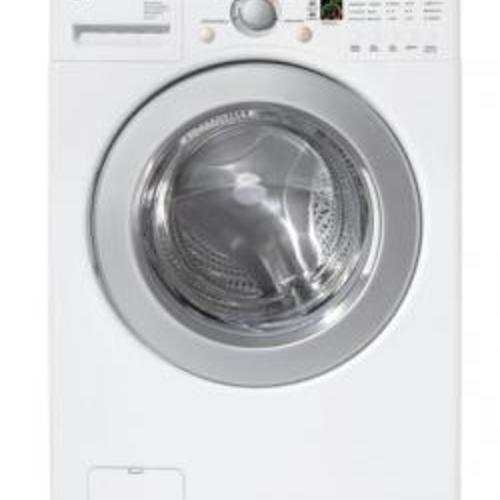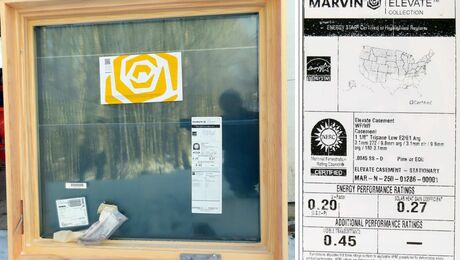
A reminder: October not only is National Kitchen and Bath Month, it is when the Department of Energy’s stimulus-funded Cash for Appliances program is scheduled to kick off.
The $300 million initiative, part of the American Recovery and Reinvestment Act of 2009, allows each state that doesn’t already have a similar rebate program to write its own cash-for-appliances rebate rules, submit them for approval to the Department of Energy, and begin issuing rebate checks as early as November.
The Cash for Appliances program is similar to the $3 billion Cash for Clunkers program in that it is intended to give consumers an incentive replace an old product with a more energy efficient one. Cash for Clunkers, hugely popular among consumers before its stimulus allotment was depleted, targeted the seriously ailing auto industry. Cash for Appliances, of course, addresses consumer interest in a broader range of products and, like other stimulus programs, is aimed at boosting the overall economy by encouraging homeowners to upgrade their refrigerators, dishwashers, furnaces, air conditioners, and other appliances. Consumers are not required to trade in their old appliances to take advantage of the program.
The National Kitchen & Bath Association issued a press release earlier this month to emphasize that the new rebate program is in addition to a number of U.S. tax credits, up to $1,500 total per home, on the purchase price of energy efficient HVAC equipment, windows, insulation, and other products.
Incentives north of the border
In Canada, meanwhile, the Canada Revenue Agency has introduced a new Home Renovation Tax Credit, which applies to eligible renovations made to a homeowner’s primary residence. The program, which expires February 1, 2010, offers a 15% tax credit on home remodeling expenses exceeding $1,000, with a maximum credit of $1,350.
The HRTC supplements Canada’s existing ecoENERGY Retrofit Homes grant offered through Natural Resources Canada, the agency charged with ensuring that the country’s natural resources are developed responsibly. The grant provides up to $5,000 to homeowners who make renovations to their homes that reduce energy consumption.
The size of Cash for Appliances rebates will depend on state guidelines and the cost of the Energy Star-rated product. Based on payouts being made by existing state-run rebate programs (about 25 states already have them), the Association of Home Appliance Manufacturers estimates that rebates will range from $50 to $200.
Weekly Newsletter
Get building science and energy efficiency advice, plus special offers, in your inbox.















4 Comments
Cash for Clunker appliance
This can be a big incentive for CI projects to meet prerequisite of 50% Energy star appliances. May be helpful to go on LEED USER, too.
Waste
What is going to happen to all the old appliances that consumers disregard off? Is there some kind of recycling program tied to this or is it all going to end up in land fills????
What about states with programs in place?
The article states: "allows each state that doesn’t already have a similar rebate program to write its own cash-for-appliances rebate rules." What does this mean for states that have incentives in place (like Massachusetts, for example)?
Re: recycling and existing state programs
Cash for Appliances is designed to give states that don't already have such a program a way to implement one. States that already have similar cash-for-appliance programs of their own will continue to offer them rather than replace them with the DOE program.
There is no recycling program tied specifically to Cash for Appliances, but the DOE website does include a page of general information about recycling and offers links to websites focused on your state's municipal solid waste program. This DOE general information page on recycling is a good place to start: http://answers.usa.gov/cgi-bin/gsa_ict.cfg/php/enduser/std_adp.php?p_faqid=8462&p_sid=OsF77LJj&p_lva=8605
Log in or create an account to post a comment.
Sign up Log in